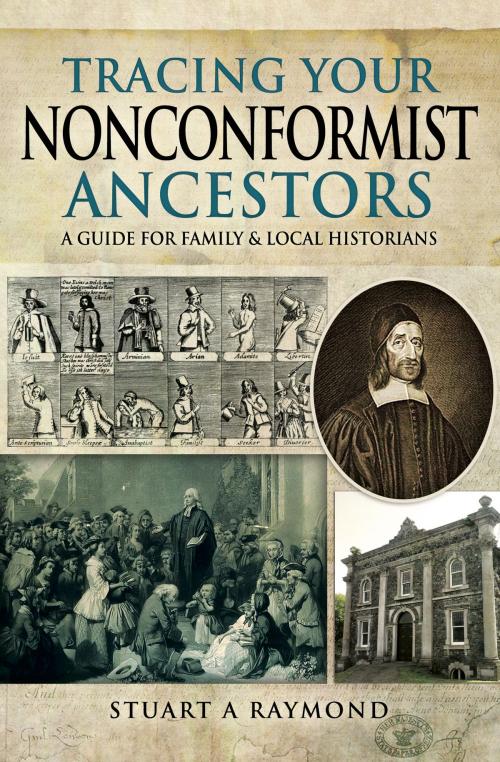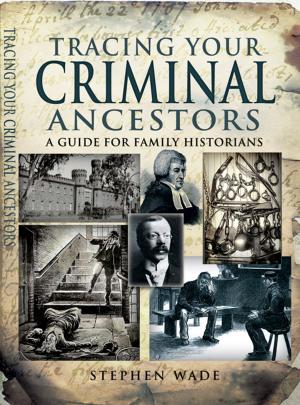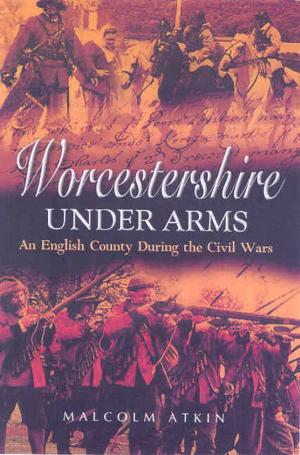Tracing Your Nonconformist Ancestors
A Guide for Family and Local Historians
Nonfiction, Reference & Language, Reference, Genealogy, History, Religion & Spirituality| Author: | Stuart A Raymond | ISBN: | 9781473883475 |
| Publisher: | Pen and Sword | Publication: | April 30, 2017 |
| Imprint: | Pen and Sword Family History | Language: | English |
| Author: | Stuart A Raymond |
| ISBN: | 9781473883475 |
| Publisher: | Pen and Sword |
| Publication: | April 30, 2017 |
| Imprint: | Pen and Sword Family History |
| Language: | English |
We all have Nonconformist ancestors. In the mid-nineteenth century almost half of the English population were Nonconformists. And there were very few villages where there was not at least one Nonconformist chapel. Local and family historians need to be aware of the diversity of Nonconformity, and of the many sources which will enable them to trace the activities of Nonconformist forebears. Stuart Raymond's handbook provides an overview of those sources. He identifies the numerous websites, libraries and archives that local and family historians need to consult. These are described in detail, their strengths and weaknesses are pointed out, and the contribution currently made by the internet is highlighted. Most Nonconformist denominations are discussed – not just the mainstream Presbyterians, Congregationalists, Quakers and Methodists, but also obscure sects such as the Muggletonians and Glasites, and even the two groups who regularly appear on our doorsteps today – Jehovah’s Witnesses and the Mormons. The religious activities of our Nonconformist ancestors tell us a great deal about them, and provide fascinating insights into their lives.
We all have Nonconformist ancestors. In the mid-nineteenth century almost half of the English population were Nonconformists. And there were very few villages where there was not at least one Nonconformist chapel. Local and family historians need to be aware of the diversity of Nonconformity, and of the many sources which will enable them to trace the activities of Nonconformist forebears. Stuart Raymond's handbook provides an overview of those sources. He identifies the numerous websites, libraries and archives that local and family historians need to consult. These are described in detail, their strengths and weaknesses are pointed out, and the contribution currently made by the internet is highlighted. Most Nonconformist denominations are discussed – not just the mainstream Presbyterians, Congregationalists, Quakers and Methodists, but also obscure sects such as the Muggletonians and Glasites, and even the two groups who regularly appear on our doorsteps today – Jehovah’s Witnesses and the Mormons. The religious activities of our Nonconformist ancestors tell us a great deal about them, and provide fascinating insights into their lives.















